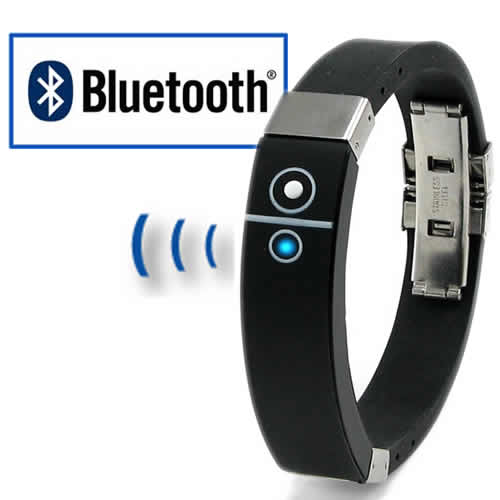Bluetooth tags show blind pedestrians and tourists the way
Voice operated augmented reality system launches in Ann Arbor

Researchers at the University of Michigan have started to roll out a network of Bluetooth tags that they hope will one day mean that blind pedestrians and gormless tourists will never get lost.
The Talking Points 'urban orientation system' consists of a network of $20 (£11) Bluetooth beacons connecting with portable computers (and shortly, Android mobile phones) that can display or speak site-specific information, complete with other pedestrians' comments.
"Blind people can get from point A to point B. They learn to count steps if they have to, but they miss the journey because they don't always know what they're passing. The idea behind Talking Points is to enhance the journey," said James Knox, adaptive technology coordinator for the University's Information Technology Central Services.
Spam goes blue
Although Talking Points is the first orientation system designed for the blind, sighted users could benefit from information about tourist sites or retail sales (welcome to the world of Bluetooth spam). Talking Point also incorporates community-generated information from a website.
"If it caught on, this would be an effective way to tag the whole world," said Jason Stewart, a master's student in the School of Information and one of the system's developers. That's the spirit Jason, think big!
Get daily insight, inspiration and deals in your inbox
Sign up for breaking news, reviews, opinion, top tech deals, and more.
Mark Harris is Senior Research Director at Gartner.